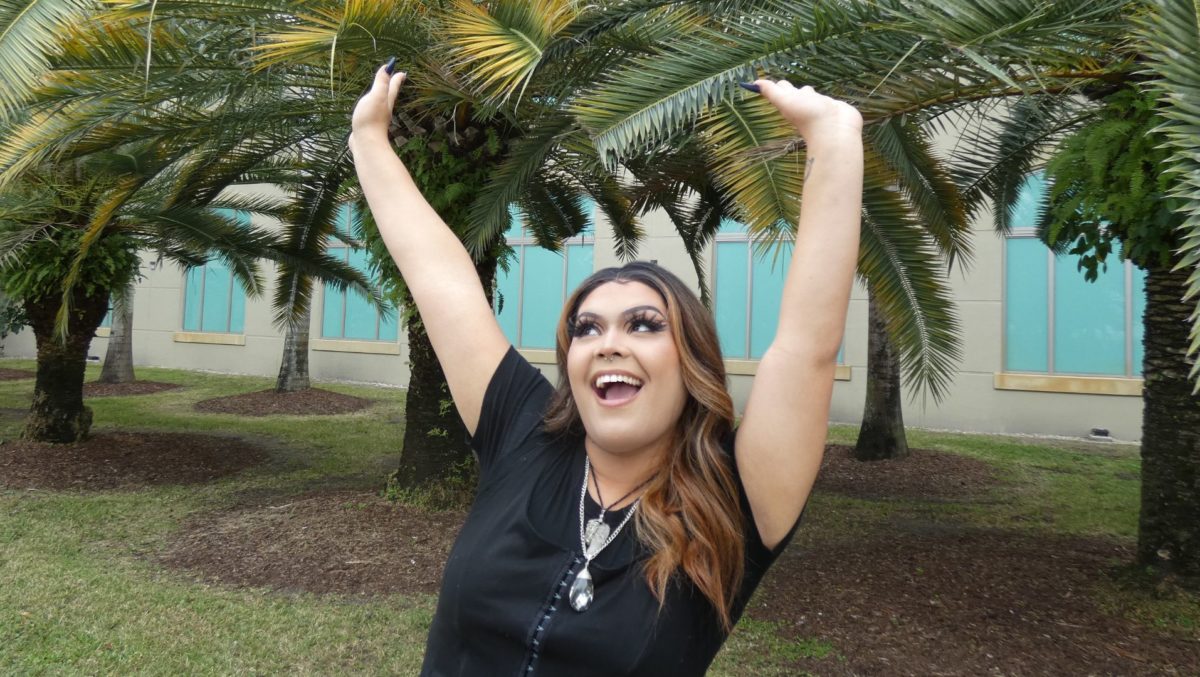On a daily basis, watching and participating in many public behaviors displayed by both male and female residents of the 305, it’s difficult to discern if innocent flirting leads to more offensive behavior, such as human trafficking. The first interaction with a predator is all about your consent. Ask yourself if you would let a stranger get personally and emotionally close to you without knowing or wondering about their motive and intent and why you?
We all need to pay more attention to the nuanced behaviors of others as we travel around Miami-Dade. What may seem like a dangerous situation for one individual may not seem unusual behavior to others. We share the story of a Project Phoenix survivor to focus attention on the vulnerabilities that attract predators to “easy” targets. Targets may include adolescent and young women and men, and LGBTQ people. Predators are highly practiced in choosing their targets and getting them to agree to do something that at first, seems easy.
Project Phoenix provides hospitality, healing, and housing for survivors of human trafficking in a safe and secure environment. The recovery program’s goal is to help women ages 18 and over develop self-esteem, self-efficacy and ultimately live independently.
Human trafficking, a crime, often occurs in broad daylight and may be fully witnessed by riders on public transportation. This was the situation for one survivor of human trafficking, and Camillus House resident, Julia, a 24-year-old transgender woman. She met the predator as he approached her and began simply flirting on the Metrobus.
“My family’s Japanese culture is very respective of other cultures, and everyone is accepting of each other and their quirkiness,” she said.
Although born and raised in Brazil, Julia’s family roots are in Japan where her parents still reside. She arrived in Miami at age 17 on a tourist visa from Sao Paolo, to finish high school while staying with her aunt and uncle, a transphobic pastor. He didn’t approve that she was in transition and found her another place to live, just as she began to discover the effect of her decision to be transgender.
In early 2022, after living in Miami for six years she became a victim of human trafficking. “My life changed 180 degrees on a day off from my front desk job at a five-star Brickell hotel. I went shopping and met a flirtatious man on the Metrobus and gave him my phone number,” she said.
Although she was going through an emotionally vulnerable time, the next day she agreed to meet him. After buying her a meal and winning her trust, she agreed to go to his hotel room after he invited her up to retrieve something.
An innocent one-off meeting with a stranger was her unwitting introduction to human trafficking victimization trauma and torture. Defenses down, she entered a four-day period she doesn’t easily discuss nor ever thought she would experience or live to discuss with others.
“Suddenly as the hotel room door closed behind me, the predator’s demeanor drastically changed. He proceeded under the threat of death to assault, rape, and mentally torture me using methods I can’t fully describe,” she said.
He took her phone away, reviewed all her texts, put her in a cold shower, removed her clothes and wouldn’t let her sleep, to break down her defenses. After four days held against her will at gun point in his hotel room, he moved her to Texas on a public interstate bus, after three attempts to run away.
“When this happened, I had four years’ experience working in hotels and suddenly realized I had seen similar situations that I was now experiencing and hadn’t reported them to the police. We only spent one night out of four in a hotel, otherwise he had me turning tricks. After those four days without a response, my mom realized I was missing. My mom contacted the only English-speaking friend I had and asked her to go to the media and Police, and she did,” she said.
Julia’s story and photo was carried by local, regional, and national media and she’s thankful to her rescuers and is aware in Brazil transgender people are killed every day.
She says her recovery at the Phoenix Program has been a work in progress. She learned that people who have been through similar experiences and domestic abuse are wounded and its difficult for them to get through it. She credits creative therapy that helped her to rebuild confidence and hope. She heard of human trafficking but didn’t realize the actual steps and came away with a strong desire to make everyone more aware of it by sharing her story.
Spending time in refuge at the Camillus House and in the Phoenix Program allowed her to complete her GED and case managers helped retrieve documents that had been lost. “I’ve had a great experience at here and I’ll be showcasing some of my art in a gallery at an upcoming show thanks to Camillus,” she said.
Be a Part of Camillus' Story
Our work depends on caring friends – will you join us? Learn more about how you can get involved and support us.
